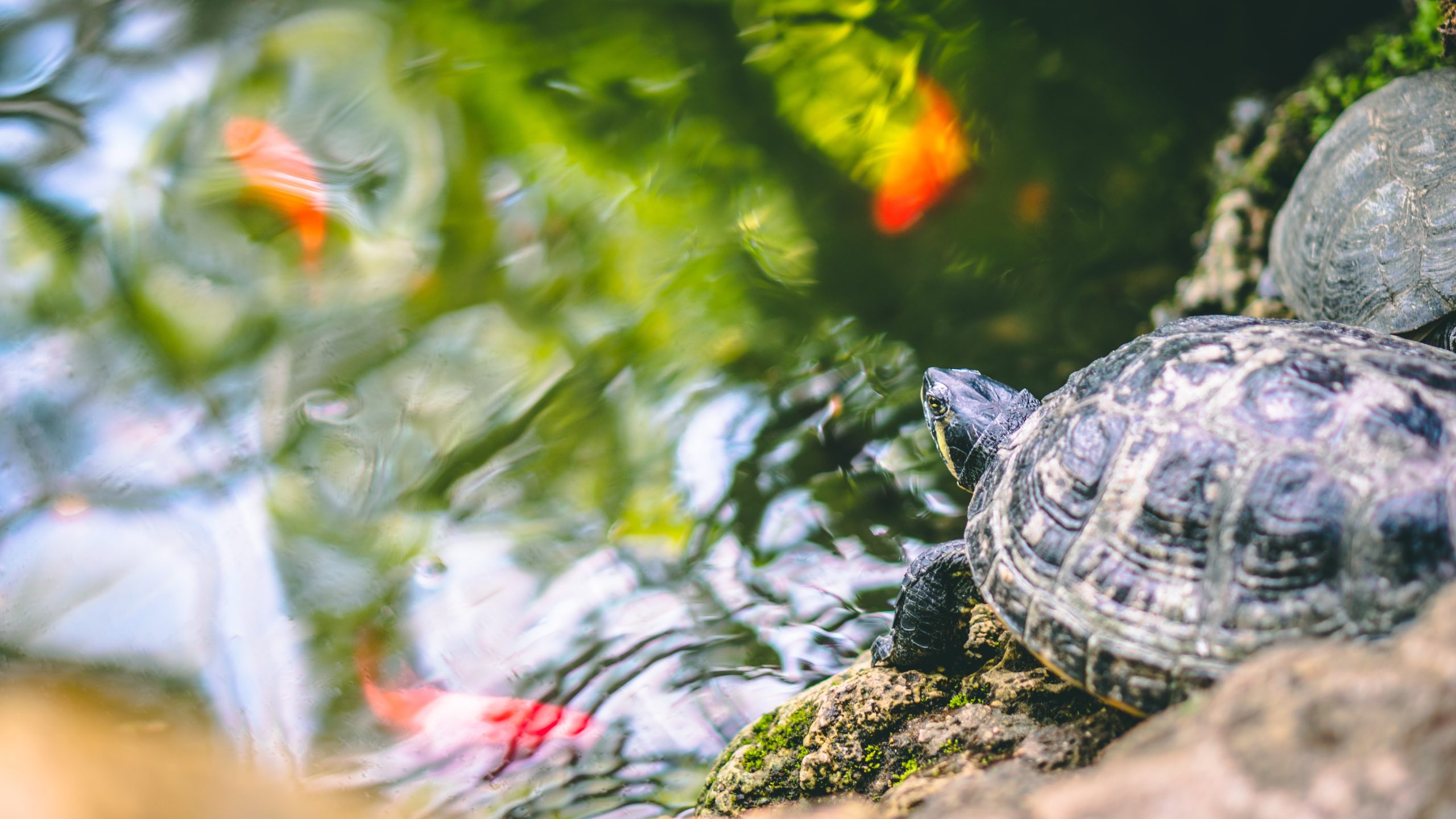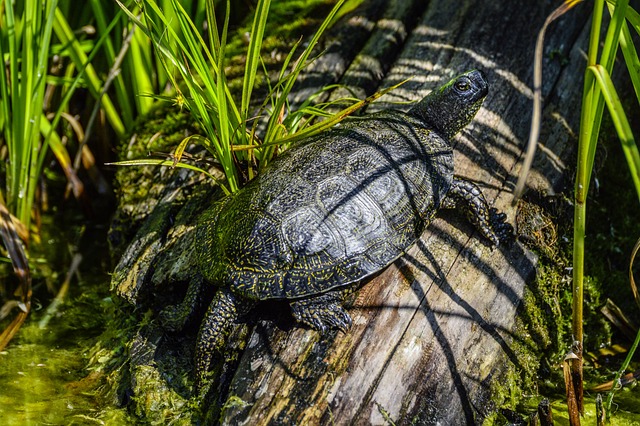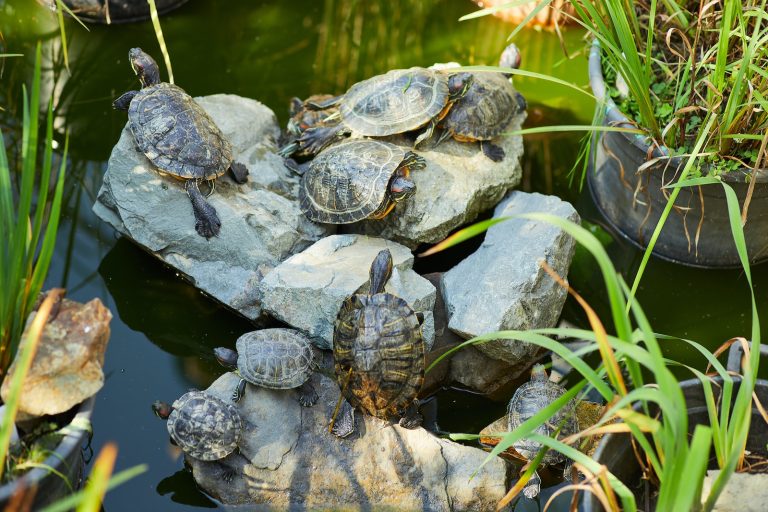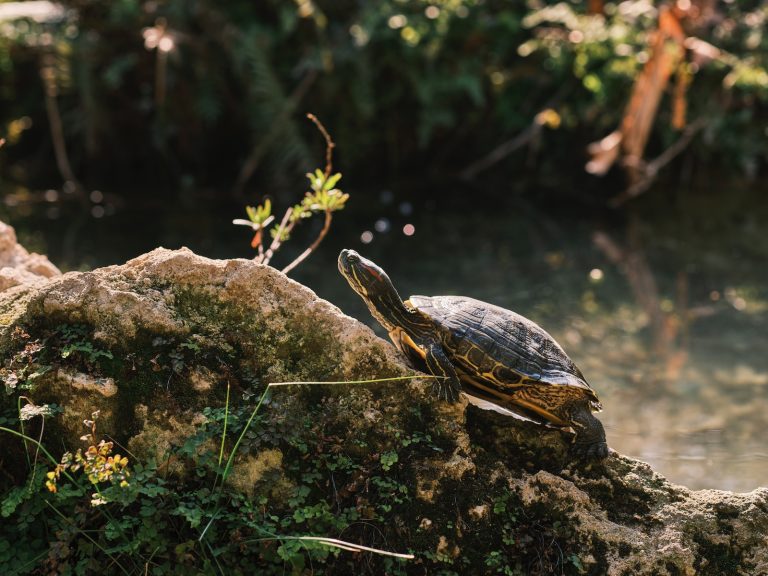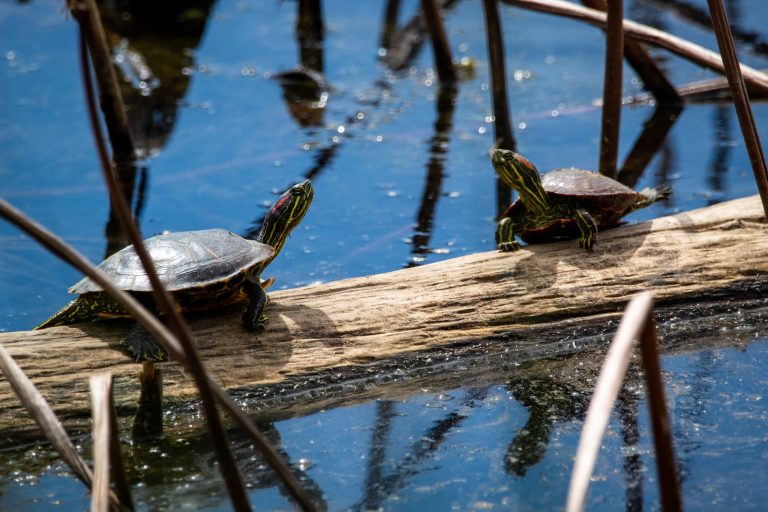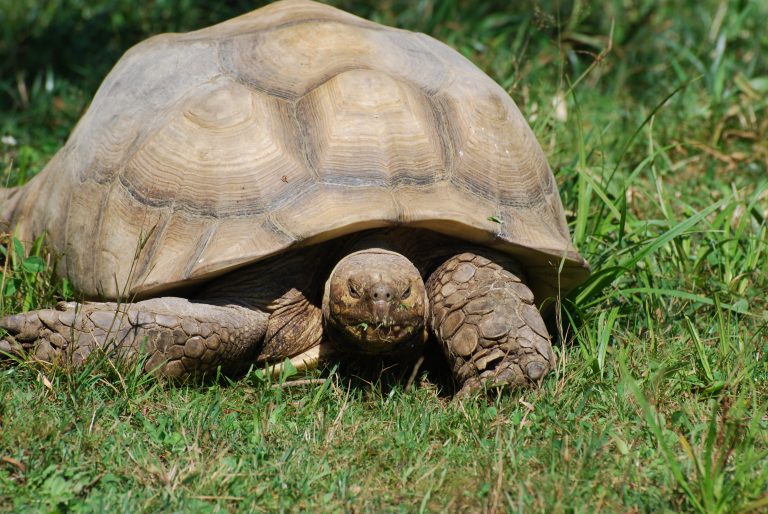If you’re a tortoise owner, you know how important it is to provide a well-balanced diet for your shelled friend. While it’s essential to offer a variety of foods, it’s crucial to understand which ones are safe for your tortoise to consume. In this article, we will explore the question, “Can tortoises eat aloe vera?” We’ll delve into the nutritional benefits, potential risks, and guidelines for feeding aloe vera to tortoises. So, let’s dive in and discover more about this fascinating topic!
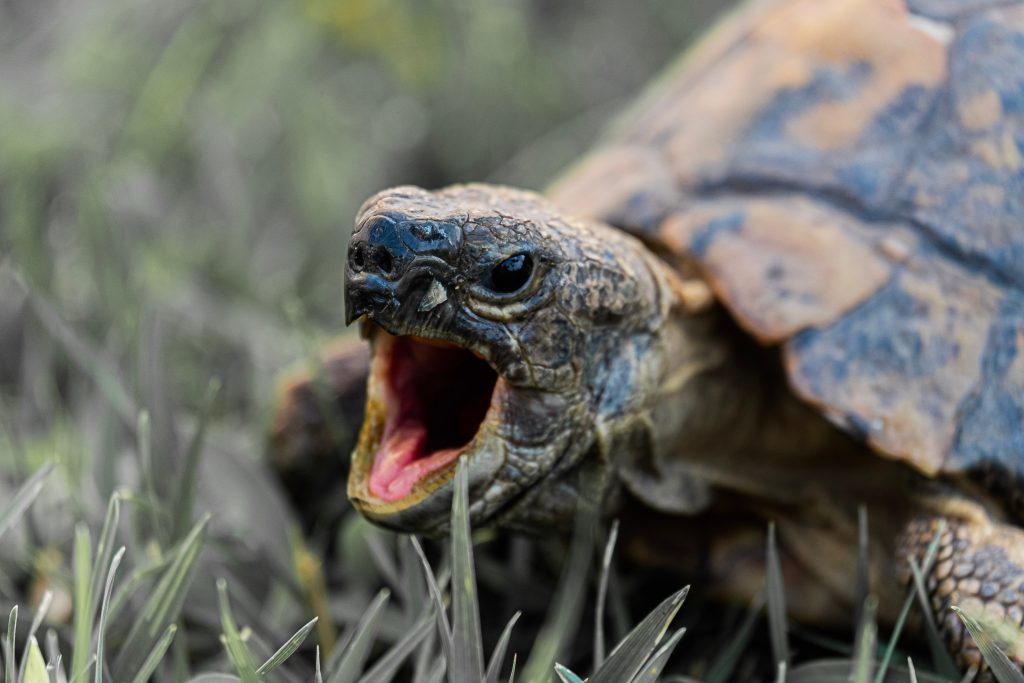
Can Tortoises Eat Aloe Vera?
When it comes to feeding tortoises, aloe vera is a topic of debate among reptile enthusiasts. While some tortoise keepers believe that aloe vera can be included as part of a varied diet, others express concerns about potential risks associated with its consumption. To provide a comprehensive answer, let’s explore both sides of the argument.
The Nutritional Benefits of Aloe Vera for Tortoises
Aloe vera is a succulent plant that offers various health benefits for humans, such as soothing sunburns and aiding digestion. However, it’s important to note that tortoises have different dietary requirements than humans. While aloe vera contains some nutrients that can be beneficial for tortoises, it’s not a staple food for them.
One of the main advantages of aloe vera for tortoises is its hydrating properties. The gel inside the leaves of the plant contains a high water content, which can help keep tortoises well-hydrated. Additionally, aloe vera contains small amounts of vitamins and minerals, including vitamin C, vitamin E, and calcium, which can contribute to a tortoise’s overall health.
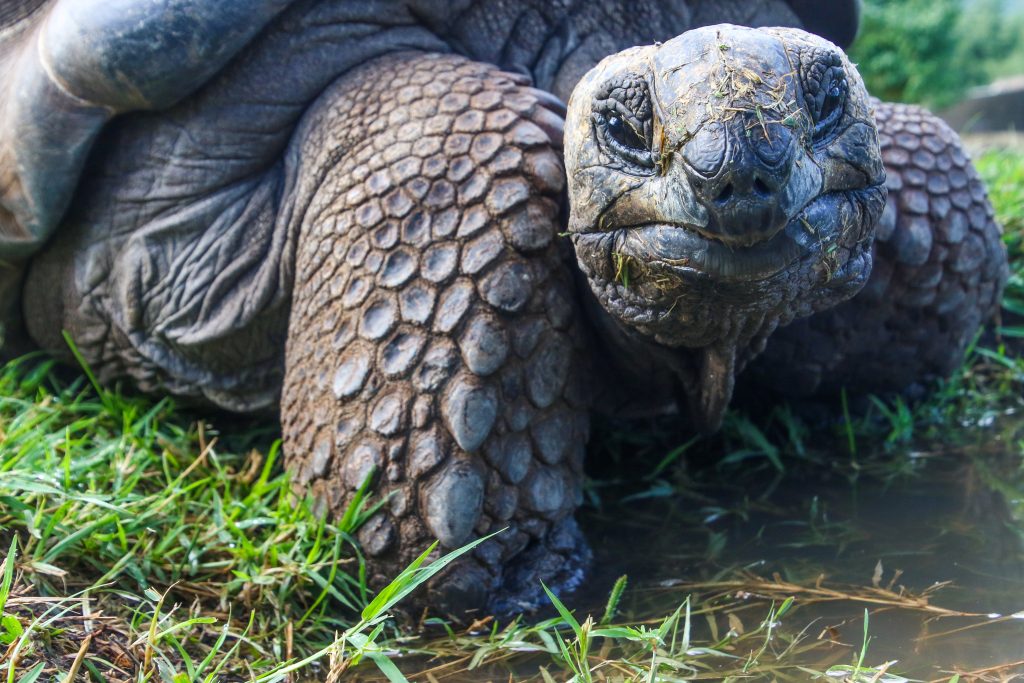
Potential Risks of Feeding Aloe Vera to Tortoises
While aloe vera does offer some nutritional benefits, it’s important to be aware of the potential risks associated with its consumption by tortoises. The most significant concern is the presence of aloin, a compound found in the latex layer of the aloe vera plant. Aloin can have a laxative effect and may cause digestive issues in tortoises if consumed in large amounts.
Furthermore, aloe vera plants are often treated with pesticides or other chemicals, which can be harmful if ingested by tortoises. It’s crucial to ensure that any aloe vera offered to your tortoise is organic and free from harmful substances.
Guidelines for Feeding Aloe Vera to Tortoises
If you decide to incorporate aloe vera into your tortoise’s diet, it’s essential to do so cautiously and in moderation. Follow these guidelines to ensure the well-being of your tortoise:
- Consult with a reptile veterinarian: Before introducing aloe vera to your tortoise’s diet, consult with a qualified reptile veterinarian. They can provide personalized advice based on your tortoise’s specific needs and health condition.
- Offer aloe vera as a treat: Aloe vera should be considered an occasional treat rather than a regular part of your tortoise’s diet. Offer small pieces of aloe vera, ensuring they are free from the latex layer.
- Prepare aloe vera properly: Remove the latex layer by rinsing the aloe vera thoroughly under running water. This step helps minimize the risk of digestive issues caused by aloin.
- Monitor your tortoise’s response: After feeding aloe vera to your tortoise, observe their behavior and digestive health. If you notice any signs of discomfort or abnormal stool, discontinue feeding aloe vera immediately and consult a veterinarian.
Remember, every tortoise is unique, and individual tolerance to aloe vera may vary. It’s crucial to monitor your tortoise closely and make informed decisions based on their well-being.
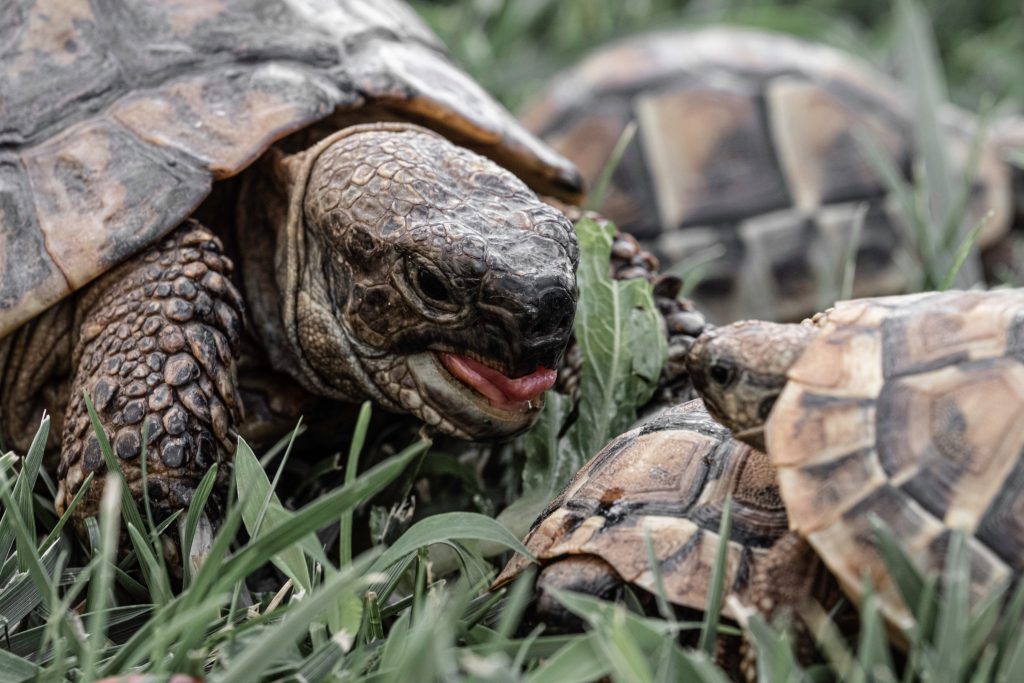
FAQs about Tortoises and Aloe Vera
1. Can tortoises eat aloe vera every day?
No, tortoises should not eat aloe vera every day. Aloe vera should be offered as an occasional treat to avoid potential digestive issues.
2. Can aloe vera be toxic to tortoises?
While aloe vera itself is not considered highly toxic to tortoises, the presence of aloin in the latex layer can cause digestive problems if consumed in large amounts.
3. Can aloe vera help with tortoise hydration?
Yes, aloe vera contains a high water content, which can help keep tortoises hydrated. However, it should not replace a tortoise’s primary water source.
4. Are there any alternatives to aloe vera for tortoise hydration?
Yes, there are alternative ways to ensure your tortoise stays hydrated. Providing a shallow dish of clean water and offering fresh leafy greens with high water content, such as lettuce and cucumber, are effective methods.
5. What other foods are suitable for tortoises?
Tortoises thrive on a varied diet consisting of leafy greens, vegetables, fruits, and occasionally, small amounts of protein-rich foods like insects or cooked eggs. Consult a reptile veterinarian for a detailed list of safe and nutritious foods for your tortoise.
6. Is it necessary to remove the latex layer of aloe vera before feeding it to tortoises?
Yes, removing the latex layer is crucial to minimize the risk of digestive issues caused by aloin. Thoroughly rinse the aloe vera under running water to ensure the removal of the latex layer.
Conclusion
In conclusion, while aloe vera does offer some nutritional benefits for tortoises, its consumption should be approached with caution. Aloe vera can provide hydration and small amounts of vitamins and minerals, but the presence of aloin and potential pesticide contamination pose risks. If you choose to feed aloe vera to your tortoise, do so sparingly and ensure it is organic and latex-free. Always monitor your tortoise’s response and consult with a reptile veterinarian for personalized guidance. By prioritizing your tortoise’s well-being and following the guidelines outlined in this article, you can make informed decisions about their diet.
